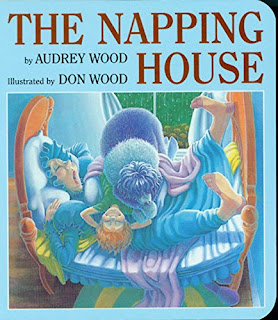I am going to do a series for all the concepts of Depth and Complexity and how I use them in early primary grades. I am going to start with one of the most misunderstood concepts-Language of the Disciplines. I see this icon used a lot in lesson plans to denote vocabulary and that is only half right. It is vocabulary but it is vocabulary based on a certain discipline, career, field of study.
Imagine you are a scientist looking at the moon. You would describe it in terms of atmosphere, gravity, diameter, craters. If you were an artist you would describe it in terms of light, shadow, hue, texture. Our career path in life dictates how we see the world. This is an opportunity to teach academic vocabulary to our students that they may not otherwise come into contact with.
Examples: we learn about architects-words like blueprints, foundation, scaffolds, entrance, arch. We watch videos of architects in action. Read books like:
Then I ask the students to Think Like an Architect and design a house for their teacher. I like to do this during Teacher Appreciation Week. Or a house for their mom for Mother's Day. I love watching them apply the vocabulary they learned.
Think Like a Zoologist. We look at web cams and videos from zoos across the country. Then students think like a zoologist and design an enclosure for the animal of their choice.
Think like a Real Estate Agent-vocabulary-mortgage, listing, brochure, open house, inspection
Make a commercial to sell land on the planet of your choice. "Come to Mercury, you'll get a suntan".
My favorite part about using this concept is that in the beginning of the year if you ask the students what they want to be when they grow up you get the run-of-the-mill answers-police officer, teacher, artist. At the end of the year they want to be engineers, architects and graphic designers. All because they had access to the new vocabulary.













